Target – Leadership in a Student-Centered Learning Environment. FWSU will foster development of teacher and student leaders who provide innovative opportunities for local and global student-centered learning.
Action Step – Develop learning habits, communication and problem-solving skills necessary for collaborative learning and leadership.
Indicator of Success – Teachers embrace the role of coach, facilitator and co-learner in a student-centered learning environment.
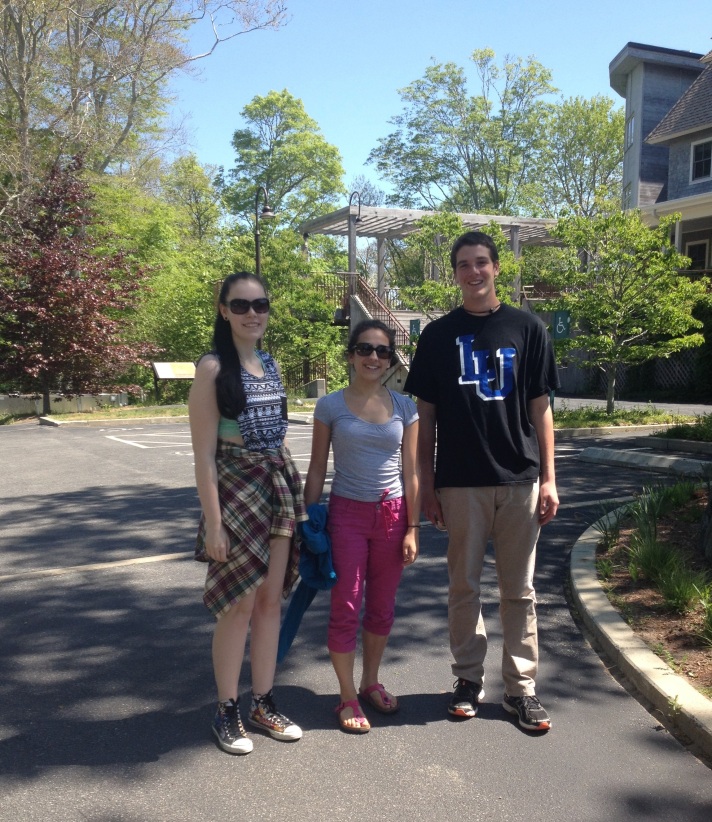
Following up on an invitation by WHRC scientist Dr. Sue Natali while attending the American Geophysical Conference in San Francisco last December, BFA High School students David Legris, Sophie Lee and Rebekah Larose with science teacher Thomas Lane toured the Woods Hole Research Center (WHRC) in Woods Hole, MA.
Woods Hole Research Center is a premier research facility whose mission is to advance scientific discovery and seek science-based solutions for the world’s environmental and economic challenges through research and education on forests, soils, air and water.
While at the Center students and teacher spoke with and watched a presentation of Dr.’s John Schade and Sue Natali’s work with the Polaris Project. The Polaris Project is a program designed to “engage the brightest minds and propel them on trajectories to solve pressing scientific and societal challenges.”

Dr. Natali explained her permafrost research experiment, “Carbon in Permafrost Experimental Heating” located outside of Healy, Alaska.
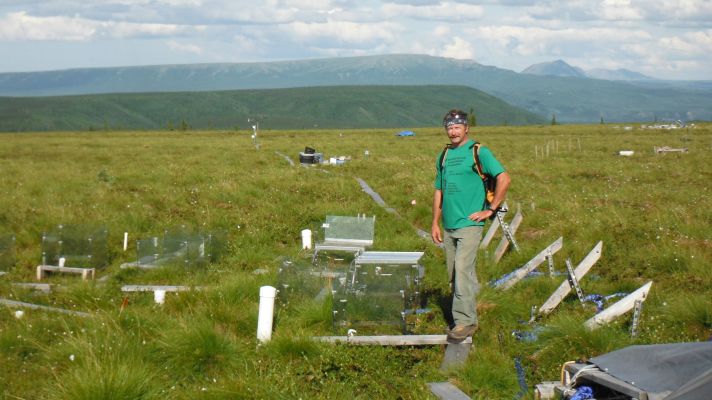
Fred Palmer the Facilities Coordinator gave students a tour of the “green” WHRC building, a ca. 1874 remodeled estate where no fossil fuels are burned onsite in its operation.
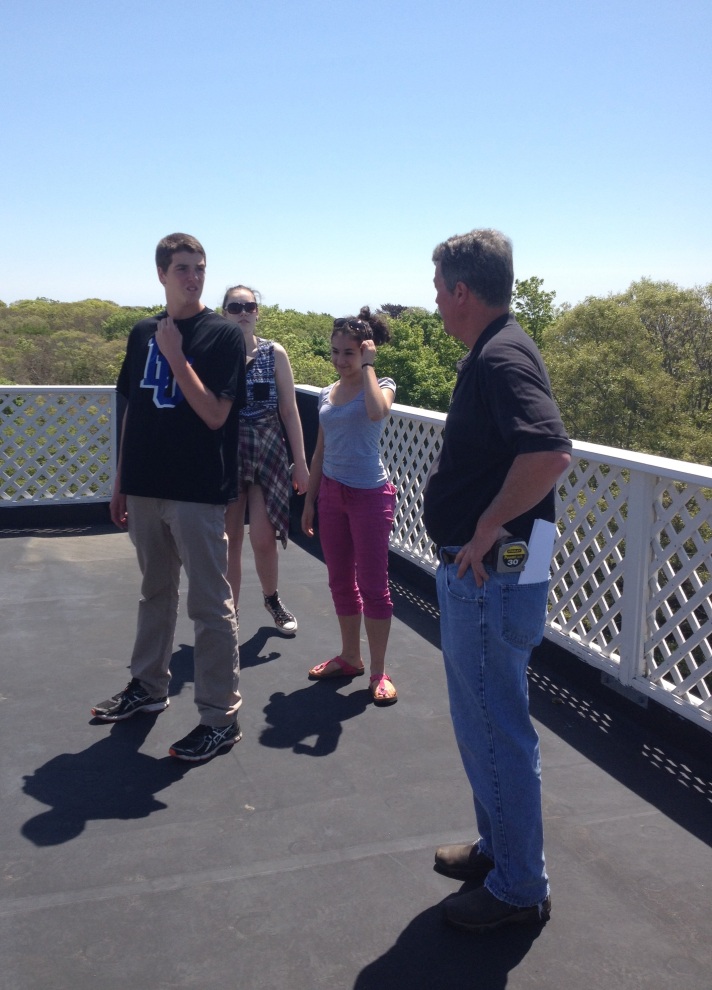
Dr. Bill Mebane along with Dana Mock-Muñoz de Luna a research assistant gave a presentation of their current work in Haiti. Bill is the founding Director of the Sustainable Aquaculture Initiative based out of the Marine Biological Laboratory at Woods Hole. His research involves developing tilapia aquaculture as a business and a food source.
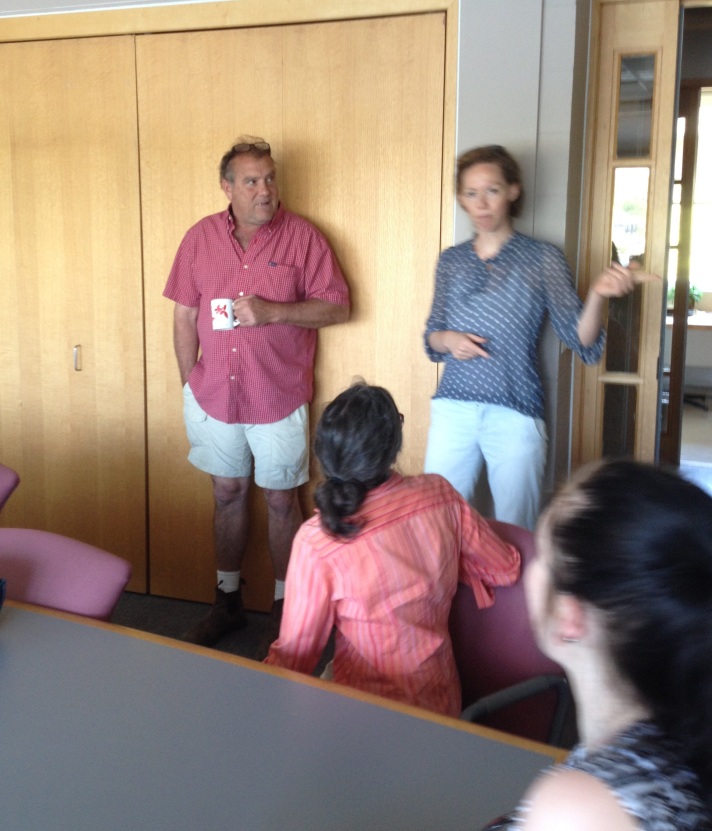
David Remsen who’s in charge of marine organism sample collection gave a very informative tour of the Marine Specimen’s Lab at the Marine Biological Lab. Many discoveries in the field of reproductive biology have been made using marine specimens from the Marine Biological Laboratory at Woods Hole, MA.
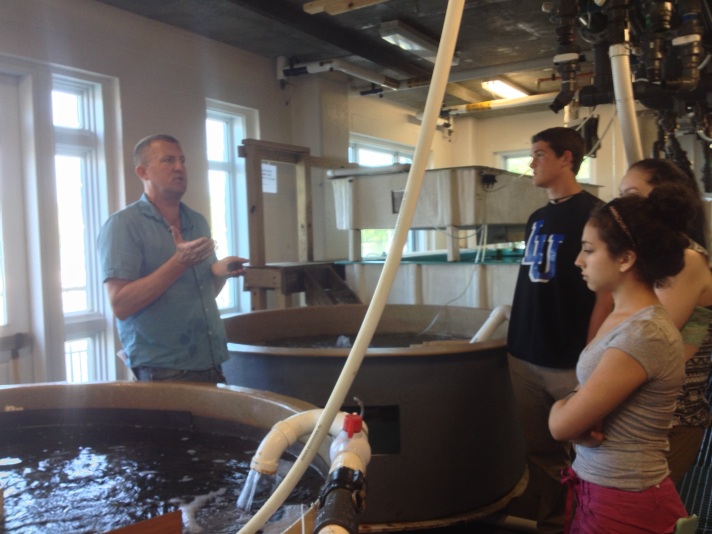
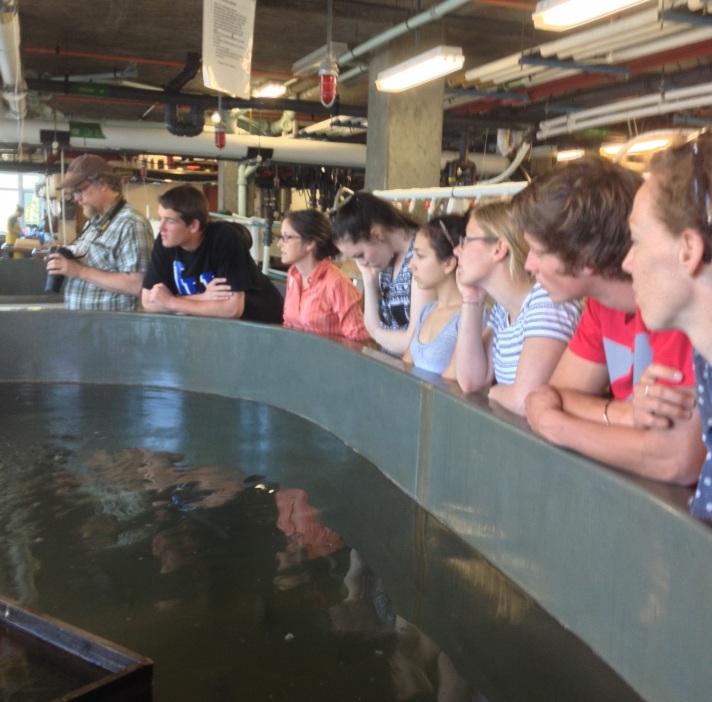
At the end of the afternoon Dr. Sue Natali showed the students one of her current projects, “The Global Decomposition Project”. The GDP is a program designed to introduce and educate students and the general public about soil organic matter and decomposition through a standardized protocol for collecting, reporting, and sharing data.
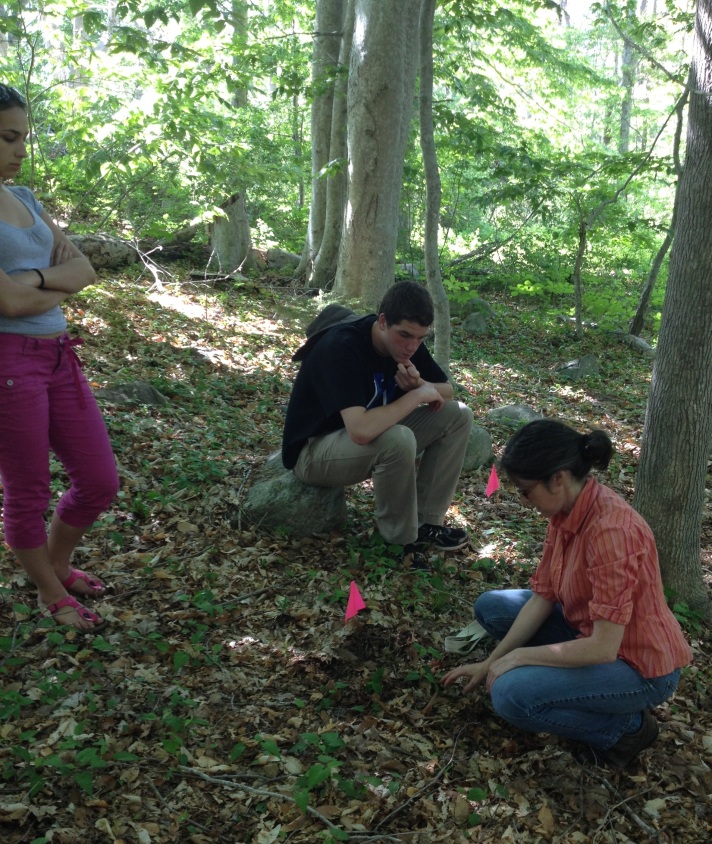
Students were excited with the possibility of incorporating sampling for microbial activity in the soil into their projects involving phosphate in the Lake Champlain basin.
Having the opportunity to visit one of the premier research facilities in the U.S. was an excellent experience. As FWSU and other school districts around the state move toward Personal Learning Plans (PLP) for students, the opportunity for students to build connections with scientists and their research, such as those at Woods Hole Research Center, is a model for authentic student-centered learning.


This is really cool stuff. Kudos to Tom Lane and Sophie, Rebekah, and David
LikeLike
This is fantastic! Tom, you made this unique opportunity possible for these students. Sophie, Rebekah, and David: so happy you were able to participate in this. Next time, take me!
LikeLike